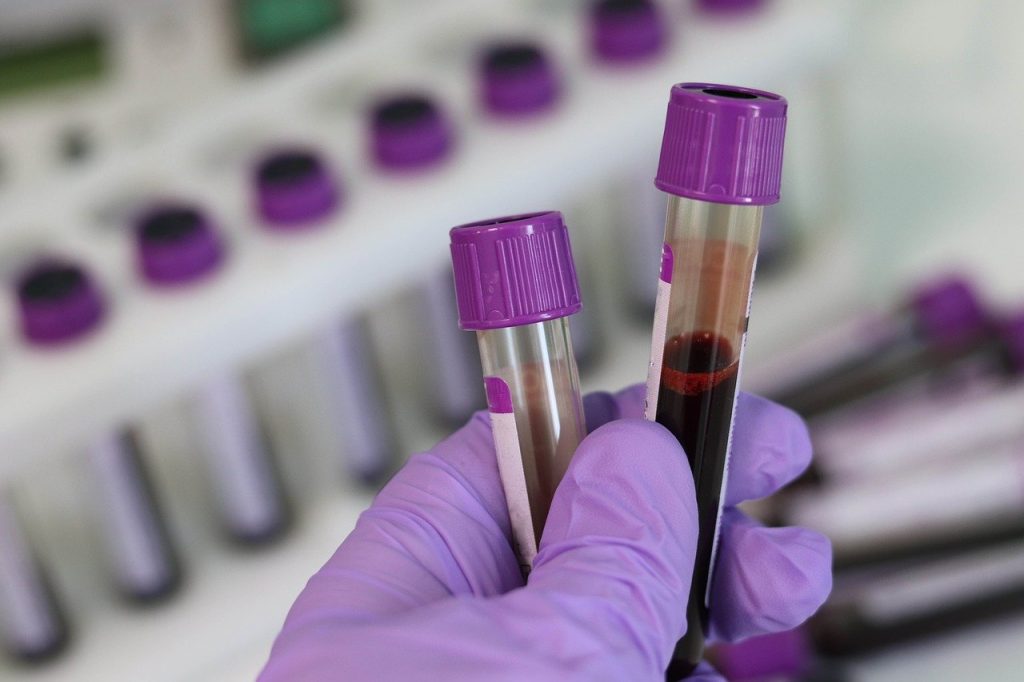Signs your Thyroid Might Be Struggling
How to Know if your Thyroid isn’t working properly.
Ever suspected your thyroid might be out of whack? Have a read through this articicle and see if you might be on the right track.
Thyroid problems are quite common, affecting approximately 5.4 in 1000 women in Australia1.
In this article I discuss the functions of the thyroid, signs that your thyroid isn’t working properly and describe the common tests that are done, with some tips on understanding these tests.
What does the thyroid do?
The thyroid is a gland that sits in your neck, and is responsible for functions such as energy production, metabolism, foetal development, brain growth and body temperature. It receives messages from the brain in order to know whether it needs to make more or less hormones, and then it sends those hormones out to the body to be further converted into their active state, and to carry out actions in your periphery.
If the thyroid becomes sluggish, or underactive, this is referred to as hypothyroidism.
If the thyroid becomes overactive, this is referred to as hyperthyroidism.
In some instances the thyroid can be affected by antibodies, which is when the immune system inadvertently causes damage to the thyroid gland, affecting it’s function.

Possible Signs of a Thyroid Imbalance
| Hypothyroidism (Underactive)2 | Hyperthyroidism (Overactive)3 |
| Difficulty losing weight, or unexpected weight gain (but some instances weight loss) Dry skin Brittle hair and nails Difficulty getting warm, or feeling cold often Sparse eyebrows Depression Difficulty thinking clearly (brain fog) Constipation Infertility Irregular and/or heavy periods Recurrent miscarriage Low iron High cholesterol Elevated creatinine kinase | Irritability and anger Weight loss or difficulty gaining weight (but some instances weight gain) Palpitations Neck swelling Increased sweating Heat intolerance Anxiety Irregular and/or light periods Muscle weakness Tremor/shaking Frequent bowel motions Blurred vision Hair loss and thinning Vitiligo (in Graves) |
Testing for Thyroid Problems
The test that a doctor will typically run when looking for thyroid issues is a hormone called TSH. This hormone is produced by the pituitary and it’s role is to tell the thyroid gland how much hormones to produce – hence it’s named ‘Thyroid Stimulating Hormone’.
There is a problem however, that while it’s commonplace for this hormone to be used by itself to screen for thyroid imbalances, it can actually allow many sub-clinical thyroid issues (and a few more overt cases) to slip through the cracks.
Let’s look at some of the other hormones that may be assessed. This information is covered in detail in a bonus handout in my webinar Understanding Underactive Thyroid, including typical (and ideal) reference ranges. Other hormones and tests that may be helpful for understanding thyroid health are included in this too.

Key Thyroid Hormone Tests
T4 – The Storage Form of Thyroid Hormone
Once TSH signals to your thyroid to ramp up production of its hormones, it produces the four different types of thyroid hormone – T1, T2, T3, and T4. The primary output of your thyroid is T4, which is a storage form of the hormone. It is circulated throughout the bloodstream and stored in tissues so that it’s available when needed.
If FT4 is high – it can indicate an overactive thyroid or hyperthyroidism
If FT4 is low – it can indicate an underactive thyroid or hypothyroidism
Free T3 – The Gas
When each local area of your body determines that it needs more power, it converts storage T4 into Free T3, which is the active form of the hormone. These hormones attach to receptors inside of your cells to power your metabolic processes.
If FT3 is high – indicates that your thyroid is overactive or hyperthyroidism
If FT3 is low – you may not be converting T4 to FT3 very well and you could have hypothyroid symptoms even if your TSH and FT4 are within range.
Thyroid Antibodies – Your Immune System’s Attack on Your Thyroid
The vast majority of thyroid conditions are autoimmune, which means your immune system is attacking your thyroid. The hypothyroid form of autoimmune thyroid is Hashimoto’s, and the hyperthyroid form is Graves’ Disease.
This is an important marker to get included if you have a family history of thyroid disorders, or have symptoms yet your TSH is showing as normal.
It is also a good idea to get this tested during pregnancy and in the postpartum period (that time when you’ve just had a baby).
Thyroid ultrasounds and other imaging may be performed if your thyroid is more strongly suspected as being out of balance.
One of the points to remember is that the reference ranges are quite large so while aiming to be within the ‘normal’ reference range may be suitable for some, many people need to aim for the ‘ideal’ reference ranges. Also keep in mind that if you are pregnant or interpreting results for a child, the reference ranges are different.
If you need assistance in supporting your thyroid naturally, get in contact with your health care practitioner.
References
- O’Leary PC, Feddema PH, Valdo PM, et al. Investigations of thyroid hormones and antibodies based on a community health survey: the Busselton thyroid study. Clin Endocrinol 2006; 64: 97–104.
- So M, MacIsaac RJ, Grossmann M. Hypothyroidism. American Family Physician 2012; 41(8): 556-562.
- Topliss DJ, Eastman CJ. Diagnosis and management of hyperthyroidism and hypothyroidism. The Medical Journal of Australia 2004; 180(4): 186-193.









